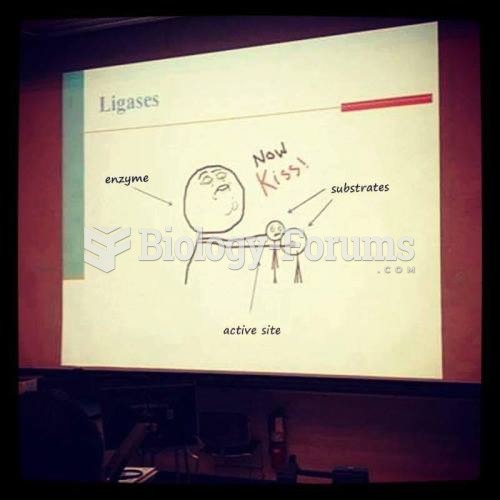Answer to Question 11. Discuss whether you believe the law passes each of the three tests listed. Look carefully
at the terminology in each test, as you would use it.
2. Now, three decades later, a new effort in Louisiana to regulate science education is
being proposed that would require the teaching of intelligent design whenever evolution
is taught in the public schools. Critics claim that intelligent design is nothing but a new
name for creationism or creation science. Supporters say that students should learn of
all the different approaches to explaining the universe. Should state legislatures have the
right to insist that public schools teach intelligent design or creationism as an alternative
to evolution? Should students who do not accept any of those religious views be forced
to study them in the public schools? Consider the philosophical perspectives of religious
freedom and individual rights in developing your answers.
3. In 1990, in a case called Webster v. New Lenox School District, the public school
district's policy prohibiting the teaching of creation science was challenged. The school
district said it was trying to ensure, consistently with Edwards v. Aguilar, that religious
beliefs were not injected into the public school curriculum. A teacher sued, claiming that
this policy violated his rights to free speech as a public school teacher. The school
district argued that the teacher was engaging in a prohibited form of religious advocacy
in a public school. Develop arguments supporting the teacher, using philosophical
arguments. Then develop a critique of those arguments, again using philosophical
reasoning.
4. Capistrano School District in California adopted a policy that required that evolution be
taught in biology classes. John Peloza, a teacher in the school district, challenged the
policy, claiming that evolutionism is a religion, and thus violated his right to the free
exercise of his own religious views, which rejected evolutionism. The Federal appeals
court, in 1994, sided with the school district, concluding that it was merely requiring a
science teacher to teach a scientific theory in a biology class, not forcing him to adopt
any particular religion. Develop arguments supporting the teacher, using philosophical
arguments. Then develop a critique of those arguments, again using philosophical
reasoning.
Answer to Question 21. Do you agree with this reasoning? Does the language about God force atheists and
agnostics to adopt a view of religion they do not accept? Is Deism an example of a type
of religion being established in the Pledge and on our currency?
2. Does this language interfere with the freedom of religion for those who do not accept
Deism, such as Buddhism? Use philosophical reasoning to defend your position.
3. What other examples can you think of in government-funded public life that invoke God?
Are these justifiable on the same grounds used by the Supreme Court?







